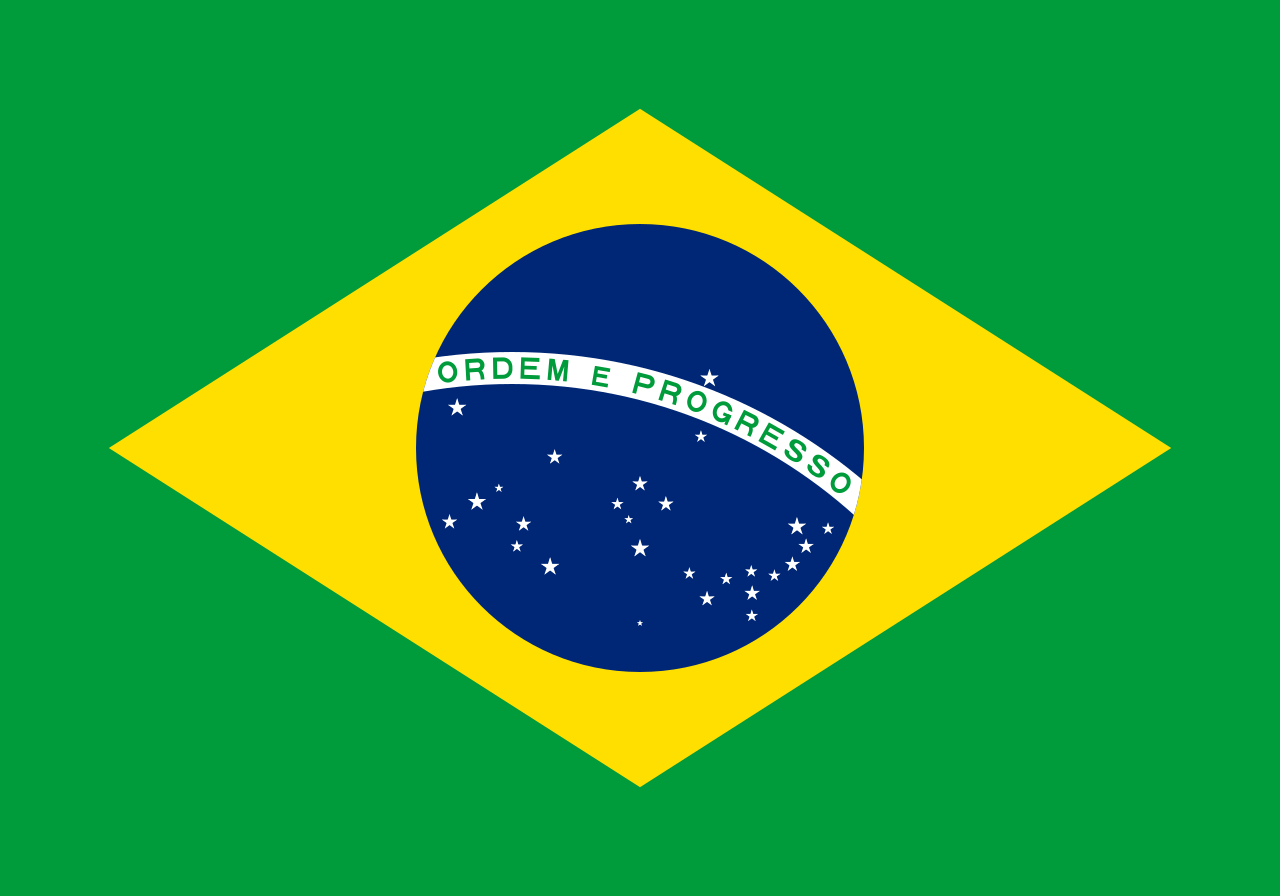Exploring the Bold Flavors of Brazilian Coffee”
Brazil, a country synonymous with vibrancy, diversity, and natural beauty, is also a powerhouse in the world of coffee production. The Brazil coffee profile is a symphony of flavors that emanates from the vast plateaus, tropical climates, and rich soils, making Brazilian coffee a global benchmark for both quantity and quality.
Brazil’s coffee plantations stretch across a vast expanse of land, covering states like Minas Gerais, São Paulo, Bahia, and Espírito Santo. The geographical diversity within these regions, from the high-altitude plateaus to the coastal lowlands, contributes to the versatility of Brazilian coffee. The country’s landscapes create an ideal environment for both Arabica and Robusta coffee varieties, allowing Brazil to cater to a broad spectrum of flavor preferences.
Brazil is a major producer of Arabica coffee, renowned for its mild acidity, balanced sweetness, and diverse flavor notes. The Arabica beans, particularly those grown in Minas Gerais, are celebrated for their chocolatey, nutty, and fruity undertones. The slow maturation process at higher elevations contributes to the development of complex flavors, making Brazilian Arabica a favorite among coffee connoisseurs.
The altitude of Brazilian coffee farms varies, with some plantations situated at elevations exceeding 1,000 meters. These high-altitude regions, such as Sul de Minas and Mogiana, showcase the country’s commitment to producing specialty-grade Arabica coffee with distinctive and nuanced flavors.
In addition to Arabica, Brazil is a significant producer of Robusta coffee, particularly in the coastal regions of Espírito Santo and Bahia. Brazilian Robusta is valued for its bold body, higher caffeine content, and earthy, woody flavors. The lower-altitude, warmer climates in these coastal areas create an ideal environment for the cultivation of Robusta beans.
Brazilian Robusta plays a crucial role in both domestic consumption and global coffee markets, contributing to the country’s reputation as a versatile coffee producer.
Brazil’s coffee industry is marked by innovation and modern farming practices. Large-scale coffee estates, often equipped with advanced machinery and technology, coexist with smaller family-owned farms. Mechanized harvesting and processing methods contribute to the efficiency of Brazil’s coffee production, making it a global leader in coffee volume.
However, amidst the modernization, Brazil also cherishes its traditional coffee culture. The country hosts numerous coffee festivals and events, such as the International Coffee Week in Belo Horizonte, providing a platform for farmers, roasters, and coffee enthusiasts to celebrate the rich heritage of Brazilian coffee.
In recent years, Brazil has increasingly embraced sustainable and environmentally friendly practices in coffee cultivation. The importance of preserving natural resources and promoting biodiversity is recognized by many Brazilian coffee producers. Sustainable initiatives, such as shade-grown coffee and agroforestry, aim to minimize the ecological impact of coffee farming and ensure the long-term health of Brazil’s coffee ecosystems.
Brazil’s influence on the global coffee market is immense. As the largest coffee producer in the world, the country’s coffee exports have a significant impact on international prices and market dynamics. Brazil’s coffee industry is not only vital for its economic growth but also for the livelihoods of millions of people involved in coffee cultivation, harvesting, and processing.
The Brazil coffee profile is a testament to the country’s prowess in the world of coffee. From the sun-drenched plateaus to the coastal regions, Brazilian coffee reflects a harmonious blend of tradition, innovation, and environmental responsibility. As Brazil continues to shape the global coffee landscape, each cup brewed from Brazilian beans becomes a journey through the diverse and captivating flavors that have made Brazil an enduring and influential force in the world of coffee.
Tags: brazil, coffee growers

